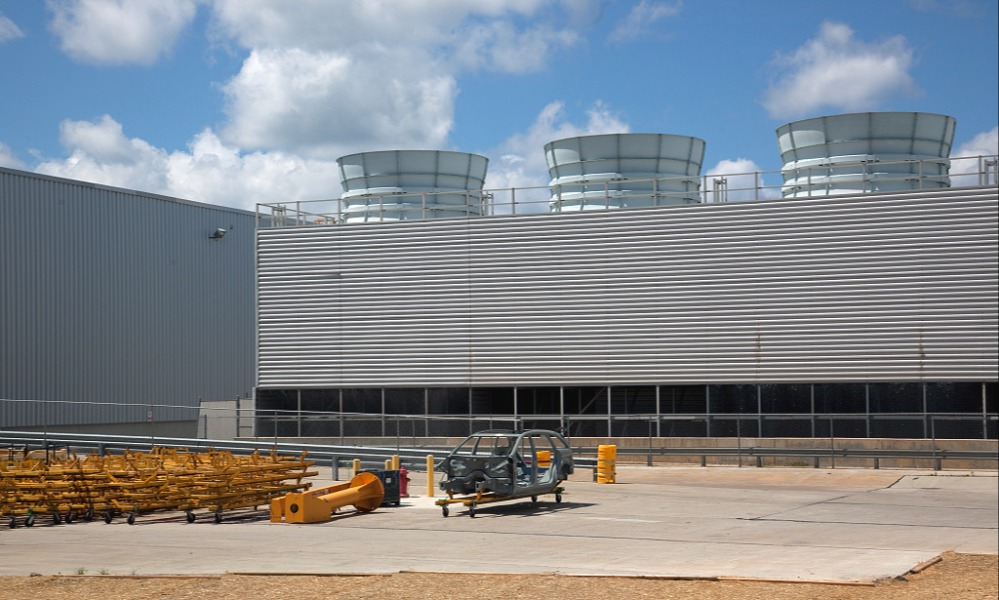Fallout of the Hajj Stampede for the Saudi Monarchy
Editors Note: This article orginially appeared on Markaz.
Published by The Lawfare Institute
in Cooperation With

Editors Note: This article orginially appeared on Markaz.
The terrible tragedy in Mecca during the Hajj yesterday is a challenge to King Salman's prestige. Coming soon after the September 11 collapse of a crane in the grand mosque in Mecca during a dust storm which killed 109, the two incidents will raise questions about whether the House of Saud is meeting its responsibilities and competently performing its duties as Custodian of the Two Holy Mosques. The kingdom's enemies, from al-Qaida to Iran, will be quick to blame Riyadh.
Incident-prone
The Hajj is an enormous management challenge every year. Two million pilgrims descend on the holy cities to perform their life's dream. The Saudis have spent billions of dollars over many decades to expand the Grand Mosque to accommodate the pilgrims, and to keep all the various stops along the pilgrimage route around Mecca as safe as possible. This year, the Saudis mobilized 100,000 police and security personnel and 25,000 medical personnel to keep the pilgrims safe from accident and terrorism.
The Saudis are well aware of the magnitude of their responsibility. Tragedy has struck the Hajj before. In 2006, 1997, 1994, and 1990, disastrous stampedes or bridge collapses killed hundreds of pilgrims. In 1987 Iranian political demonstrations during the Hajj led to clashes that killed over 400. The Grand Mosque itself was a battlefield in 1979 when radical Islamists seized control of it for several weeks and the Saudis had to send in thousands of combat troops to take back control.
The political consequences
These terrible tragedies strike at the Saudi royal family's core claim to legitimacy. Ensuring the safety of pilgrims is the central responsibility of those governing Mecca and Medina.
The king reacted quickly and firmly to the crane disaster earlier this month by initiating an urgent investigation into the accident’s causes. The investigation has focused on the Saudi Binladin Group, the construction company which has been in charge of expanding the Grand Mosque and associated facilities for decades. The top executives of the firm have been subjected to a travel ban while the investigation is underway.
The company is the second-largest construction company in the world and was founded by Osama bin Laden's father in the 1930s. The Saudi family and the bin Laden family have been close partners for decades. The Binladin group has built many of the family's palaces, the country's major airports and highways, and is now building the world's tallest building in Jeddah. It is also building a metro system in Doha. Holding its top executives responsible is potential political dynamite.
These catastrophic human tragedies will undoubtedly also play out in the complex internal politics of the royal family. The governor of Mecca is Prince Khalid bin Faisal, the son of the former king, who has administrative responsibility for the Hajj. Crown Prince Muhammad bin Nayef, as minister of the interior, is also responsible for the Hajj. His security infrastructure took immediate charge of the tragedy to restore order.
Crown Prince Nayef is the focus of the next Brookings Essay due out next week.





